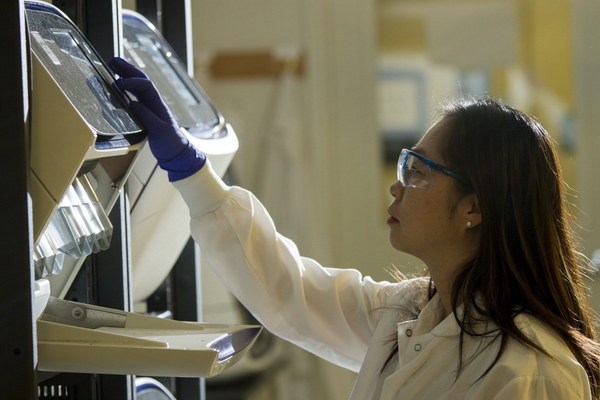Can You Adopt a Pet After Liver Transplant Surgery
After undergoing a liver transplant surgery, many patients often wonder if they can continue to care for a beloved pet. The answer to this question is complex and depends on various factors, including the individual's health condition, the type of pet, and the advice of their healthcare providers. In this article, we will explore the risks and benefits of adopting a pet after liver transplant surgery to help you make an informed decision.
First and foremost, it is essential to understand that the liver is a vital organ responsible for detoxifying the body, producing bile, and metabolizing nutrients. Liver transplant surgery is a significant medical procedure, and recovery can vary from person to person. Generally, it takes several months to a year for a patient to regain their strength and adjust to their new liver.

One of the primary concerns regarding pet ownership after a liver transplant is the risk of infection. Pets, especially cats and dogs, can carry various pathogens, such as bacteria, viruses, and parasites. These pathogens can be harmful to individuals with weakened immune systems, which is often the case after a liver transplant.
Here are some considerations to keep in mind when deciding whether to adopt a pet after liver transplant surgery:
1. Consult with your healthcare provider: Your doctor or transplant team can provide personalized advice based on your specific health condition. They may recommend waiting for a certain period after surgery before reintroducing a pet into your life.
2. Choose the right type of pet: Small, low-maintenance pets, such as fish or rabbits, may be more suitable for individuals with weakened immune systems. These pets typically require less physical interaction and are less likely to carry harmful pathogens.
3. Maintain good hygiene: If you decide to adopt a pet, it is crucial to maintain good hygiene practices. This includes regular hand washing, cleaning the pet's living space, and following any specific instructions provided by your healthcare provider.
4. Monitor your pet's health: Regular veterinary check-ups for your pet can help identify and prevent potential health issues that may affect you. Additionally, keeping your pet healthy can reduce the risk of infection.
5. Assess your energy levels: After a liver transplant, you may need more time to rest and recover. Consider your energy levels and whether you can adequately care for a pet without overexerting yourself.
6. Emotional support: Many individuals find that pets provide emotional support and companionship, which can be beneficial for their mental health. However, it is essential to prioritize your physical recovery and ensure that adopting a pet does not hinder your progress.
In conclusion, whether you can adopt a pet after liver transplant surgery depends on your individual health condition, the type of pet, and the advice of your healthcare provider. By considering the above factors and consulting with your healthcare team, you can make an informed decision that aligns with your needs and preferences.
It is important to remember that recovery from a liver transplant is a gradual process, and your health should always be your top priority. While the idea of having a pet may be tempting, it is crucial to ensure that your pet's needs do not compromise your well-being. With careful consideration and support from your healthcare team, you can find a balance between pet ownership and a healthy lifestyle after liver transplant surgery.









